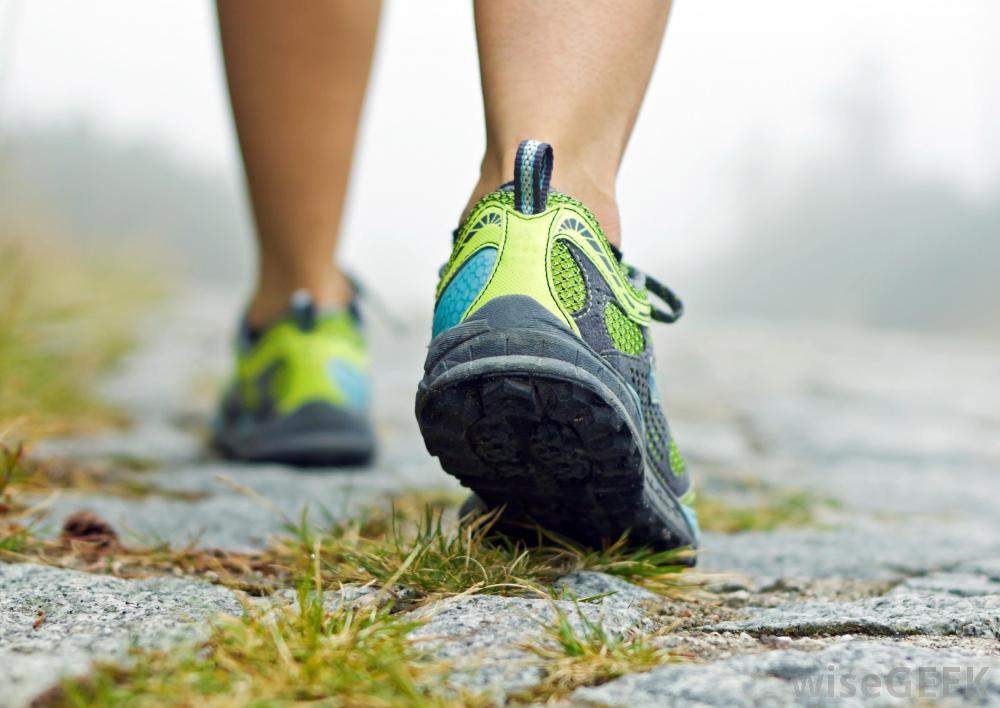Anything squeaky can be downright annoying, and shoes are no exception. This is particularly true when attending a very important meeting or tremendous business conferences. Squeaky shoes can be embarrassing enough.
Perambulating down the aisle in a hushed auditorium, heading a serious occasion, or locating and securing your seat silently and composedly- you don’t want your shoes to be the chattering footwear of the day.
Luckily, if you own a darling pair that won’t mute no matter how tranquil you walk, you can still have them right for good.
What makes shoes squeak?
Applying little physics, friction is the chief reason why shoes, especially leather shoes, tend to squeak. This often occurs between two moving parts. But alongside friction, other underlying issues make up for annoying squeaks.
For instance, some shoes are designed with a wooden splint that connects the arch to the foot. When subjected to wear and tear, or lousy gluing during craftsmanship, the slip becomes loose, rubbing the welt while walking. This, in turn, causes an irritating squeak.
Water and such fluids can also make shoes to squeak. While walking, any water in the midsole and outsole of your shoes will be pressurized and then seep out. And a squeak will be created as a result.
The next reason pertains to the manufacturer’s perspective and what exactly the shoes are meant for. For example, you may find most shoes for kids designed to make that squeaky sound as they walk. The feature could be useful if you want to keep track of your little ones. Contrary, the feature can be aggravating for grown-ups, especially when walking around the office or gym.
On that note, squeaking, irrespective of whether it’s from a vehicle or a shoe, it’s usually a sign of glitch. Abrasions create vibrations, which create sound waves. As a result, you experience vibration as annoying as a squeak.
Also Read: Best Orthopedic Dress Shoes For Wedding
How to Find out Why Your Shoes Are Squeaking
To identify why your favorite shoe is squeaking, you will get to know where exactly the sound is coming from. Spare some time and try to isolate the sound.
First and foremost, isolate where the sound is coming from. You may need to have a friend to put their ear closer while you walk. This way, you’ll make the work easier and isolate the area where the shoe is making noise. Ideally, rick your feet back and forward (from left to right).
To increase your odds, consider strolling around the room. Rock and stop your feet from the heel to forefoot. It would be best if someone else put their head close while you’re walking to identify the source of the sound.
As mentioned before, there are many reasons that can make your shoes squeak. When water or moisture get trapped anywhere within the footwear, it can lead to a creaky sound as you walk.
You have a high chance of experiencing this if your shoes have insoles. The same thing can occur if you use custom orthotics. The rubbing caused by the orthotics, and the platform of the shoe creates the maddening sound.
However, moisture alone isn’t always the issue. Shoes that don’t have adequate tread on the outsole are associated with some noise on hard, slick surfaces. If your shoes are smooth at the bottom, you might hear the tell-tale sound while walking on tiles or similar floorings.
Yet again, shoes with inserts or slick outsoles aren’t the only convicts. Heels can be squeaky too. When the heel becomes loose, it could make a disturbing noise while you walk. Such issues might need to be addressed by a professional- or a cobbler for that matter.
Nonetheless, you can try to fix it yourself: spurt caulk or adhesive glue into the loose section. Check to reposition the heel and then bind the whole thing together with rubber bands.
Also, wearing shoes while barefoot can squeak. When your feet get sweaty, it might slip nor slide within and make noise as a result. Even worse, a damp foot could accommodate air pockets and cause an embarrassing sound when you move.
How to stop the Squeaks
Squeaking footwear can be a sign that things aren’t good on the ground.
But let’s face it. When the brakes or something in your car starts squeaking, you don’t get rid of them at first; you’d probably have them checked out. The same case is entirely applicable when dealing with noisy shoes. Some of these issues might call for a professional or someone well-versed in the footwear field.
Once you identify what part of your shoes is squeaking, apply baking powder, corn starch, or baby powder to that area. This is meant to help subside noise moisture and combat sound from two parts of the shoes that are rubbing during movement.
If found that squeak is coming from the shoes’ interior, lift the footbed and sprinkle powder along the interior seam. For non-removable footbed, sprinkle the powder alongside the edge of your shoe base.
If the noise is coming from the tongue, powder that area under the lacing system. If your shoe’s bottom is squeaking, spurt the powder into the platform at the seam, as there could be air bubbles.
Alternatively, a leather conditioner might also do the trick. Just apply some leather conditioner into the shoes and then massage with a dry cloth. For suede shoes, you may have to use a special suede conditioner rather than regular leather bracers.
You can also swab your shoes using WD-40. Reliable sources have it that the element could be more effective at eradicating squeaks than leather conditioner. However, you need to apply it with care not to damage your shoes. Drizzle one of these lubricants onto a cotton ball or cotton swab, then rub it into the shoe’s exterior seam, focusing on the squeaky area or basically the entire silhouette.

